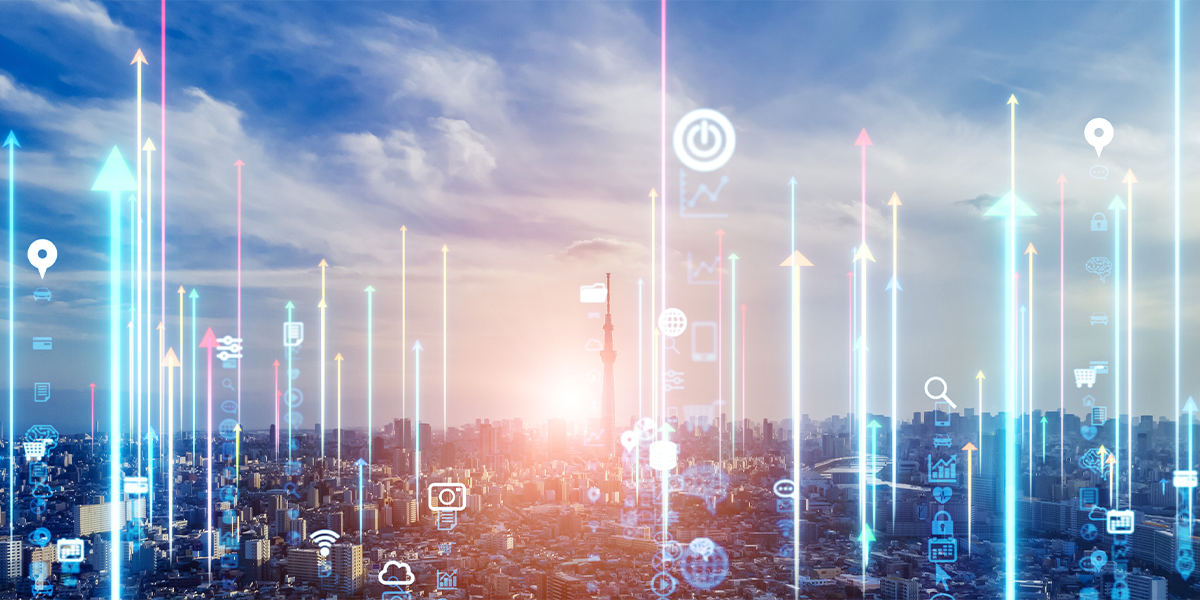Company's real impact and IWAI index
Alessio De Filippis • 10 September 2020
Two promising research from Harvard Busienss School and Morning Consult about the future of business with a common fil rouge

Two interesting contributions to the discussion in business environment about the future of business arrive almost in the same moment:
- From Morning Consult, a research about the consumers' perception of what we, in Libenitum, define "Political Branding";
- The publication of the first part of Harvard Business School study about the new Impact-Weighted Accounts Initiative (IWAI).
Both the researches point out that profit is not a measure of company impact in the same way GPD is not enough to measure the wealth and sustainability of a nation's socio-economic performance, in short and long term too. The investors, employees and customers are starting to be aware of that and at the same time they are increasingly aware of the difference between brand narrative and brand behaviour.
In 2021 Harvard Business School will publish the final report based on Impact-Weighted Accounts Initiative (IWAI). The first overall index for measuring enterprise real impact.
Ronald Cohen:
“The era of impact transparency has begun, and it is moving the goal posts for businesses and investors. Technology and Big Data have combined with longstanding efforts by many individuals and organizations to make the measurement and valuation of corporate impact a reality. With the arrival of impact transparency, impact and profit set the new rules of the game.”
According to the data just published, about the cost of the environmental impact of 1,800 companies (the rest of the research will be published in 2021) seems that the "true profitability" of companies is very different nature than it seems. It becomes apparent that many companies are creating environmental costs that exceed their total profit (EBITDA). Of the 1,694 companies which had positive EBITDA in 2018, 252 firms (15%) would see their profit more than wiped out by the environmental damage they caused, while 543 firms (32%) would see their EBITDA reduced by 25% or more.
Performaces vary a lot among industries and economic segments, in the challenged oil and gas industry, where 75% of companies would see more than a 25% reduction in EBITDA, a few best performers have overtaken their competitors.
On the other side companies generate positive impact, for example Ronald Cohen and George Serafeim highlight that Intel’s employment impact as an example. In 2018, it created approximately $3.6 billion of positive impact in the U.S. through the wages it paid and the jobs it provided in areas of high unemployment. Intel can increase this impact by improving its level of diversity and offering more equal opportunity for racial minorities and women to advance within the company.
Why IWAI is very promising
Ronald Cohen and George Serafeim: "Impact transparency will have far-reaching consequences. First, instead of taxing all of us to remedy negative impacts such as pollution, pay below the minimum wage, and products that cause obesity and ill health, governments will be able to tax companies directly for the harm they create. They will also be able to provide direct incentives — in the form of reduced taxes, subsidies or preferential procurement — for companies to deliver positive impact through their products, operations and employment practices."
Furthermore the observation of 13,000 companies performed in the analysis shows that a significant correlation between negative environmental impacts and lower stock market valuations in many industries, including chemicals, apparel and construction materials. Such a correlation does not yet appear in other industries such as utilities, hospitality, or industrial conglomerates. But it can be expected to appear once impact transparency enables investors to reliably account for impacts in their valuation analysis.
Therefore investors will price the environmental and social impacts of companies into their investment analysis. Firms with greater negative impact generate less investor interest, which reduces their stock market valuation and raises their cost of capital. Impact transparency will, therefore, motivate management to improve corporate impact, in order to increase stock market value and, sometimes, their own compensation too.
There is also a customer side: transparency will allow customers and employees to align their purchasing and career choices with their values. “Impact-washing” is currently widespread because relevant impact data is sparse. For instance, all automobile manufacturers claim that their products benefit society more than the products of their competitors. But when we measure all manufacturers’ product impact, according to safety, affordability, customer satisfaction, fuel efficiency, and emissions, we find that only a few companies, such as Tesla, Renault, Hyundai and Nissan, can justifiably make these claims.
How far are we from adding impact to the profit paradigm that has driven capitalism since its origin?
Transparency and accountability go hand in hand. To date, the absence of effective impact measurement has obscured the accountability of companies for the harm they cause. Rewriting accounting rules to include impact will alter investors’ assessment of corporate performance, leading them away from negative-impact companies to positive-impact ones, and catalyzing a change in corporate behavior.
Last year a research by HBS identified 56 leading organizations
around the world that practice some impact-weighted accounting. This list is growing every week. Danone, the French food leader, has just published
earnings per share that are weighted for its environmental impact. Detailed methodologies, data sets, and guides now exist
for the preparation of impact-weighted accounts that reflect the operational, employment and product impact a company has on people and the environment. The Covid-19 crisis will exacerbate already flagrant inequality, intensify the need for a fair and sustainable recovery, and accelerate the shift to impact-driven economies.
The introduction of impact-weighted accounts is sped by a global network of innovators, companies, investors, NGOs and other stakeholders. These actors have come together through the GSG (Global Steering Group for Impact Investment) and the IMP (Impact Management Project) which have initiated the IWAI with Harvard Business School. Numerous other organizations in the field are contributing directly and indirectly to hasten the shift to the new paradigm.
The sooner governments mandate the publication of IWAs — and align companies and investors with the great effort needed to tackle climate change, inequality, and Covid-19 — the better off our society will be.
At a microecnomic level is a responsability of every entrepreneur, investors, and customer to start to modify everyday behaviour (e.g. what to buy, how to invest) according to the impact we want to have and the world we want to share.











